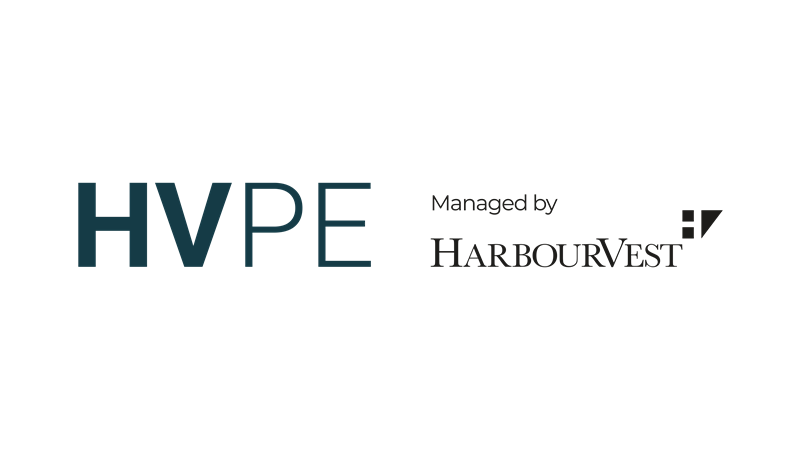Sponsors Adapting As Deal Valuations Move Ever Higher
It is a common complaint these days in the private equity industry, that deal valuations are too high. This is confirmed by widely reported data, which shows a direct, knock-on effect in terms of declining deal volume. Sponsors seem to have no problem raising capital, in fact by all accounts it seems that too much dry powder is at least partly to blame for the spike in valuations. Supply and demand provides a simple explanation for rising deal valuations. But, of course, it is not that simple.
Certainly, there seems to be too much capital chasing too few opportunities, begging the question as to why is there so much dry powder. In my own practice, over the last two years I have seen an increased appetite among traditional hedge fund managers to move into illiquid strategies. Investors, searching out alpha are prepared to tie up capital to achieve it, they are eager to invest in closed ended structures. From a legal fund structuring perspective, it is an exciting time; with the emergence of bespoke, hybrid structures there is space for us lawyers to be somewhat innovative whereas in the past sponsors have traditionally preferred to maintain plain vanilla legal structures and focus their innovative efforts on their strategy.
Increased interest in illiquid assets, new forms of private equity style structures and investors with a raised risk appetite, have all contributed to reported record levels of dry powder. This is compounded by a favourable lending universe; where banks are unwilling to lend, some hedge funds are stepping in to help sponsors meet their desired level of leverage. There seems to be no shortage of cash to invest.
With increased competition for deals, prices are naturally being driven up. Whilst this is clearly having an impact on deal volumes, sponsors do not seem to be shying away from high prices altogether. Where sponsors have identified genuine opportunities for growth and profit, for example strong management teams with a proven track record, they are willing to pay top dollar. However, sponsors are still being discerning in their investment choices, ensuring the high asking prices are justified by an increasingly detailed due diligence process.
With competition for deals high and valuations difficult to negotiate, knowledge is power. Research teams are undertaking ever more work at an ever earlier stage in the process, often in advance of opportunities reaching the market.
Big Data is being deployed by some sponsors to try to obtain the edge. As more data becomes available on private companies, some view research (particularly the use of Big Data) as a necessary rising cost, without which they fear they may lose investment opportunities altogether. Big Data, and upsized research teams in general, are being used to provide increased transparency as to how deal valuations have been reached, to assist in the due diligence process and ultimately to cut down decision making time so deals can be closed faster. This has become increasingly important. It is no longer sufficient to have cash available, sponsors that cannot move quickly are missing out as deals are closing in timeframes previously thought impossible. Often, by the time a deal comes to auction, some sponsors have already spent many months evaluating the business and agreeing an offer price; in such circumstances, those that have not, simply cannot compete.
It remains to be seen if and how fund structures and commercial terms may be impacted by the slowdown in deal volume, likely it will depend on how long deal volume continues to decline. For example, fee breaks for uninvested capital during the investment period no longer seem inconceivable, although generally fee negotiations in private equity fund structures remain less common than on the hedge fund side.
Sponsors that are able to invest heavily in research are having most success, closing deals in record time and deploying capital from increasingly large fund raises. As the big sponsors are getting bigger, the bar for new entrants to the market is being raised, both in terms of high deal valuations and speed to close. Cash alone is no longer king.
**********
Joanne Huckle is a Partner at Ogier
***
The views expressed in this article are those of the author and do not necessarily reflect the views of AlphaWeek or its publisher, The Sortino Group
© The Sortino Group Ltd
All Rights Reserved. No part of this publication may be reproduced, stored in a retrieval system or transmitted in any form or by any means, electronic, mechanical, photocopying, recording or scanning or otherwise, except under the terms of the Copyright, Designs and Patents Act 1988 or under the terms of a licence issued by the Copyright Licensing Agency or other Reprographic Rights Organisation, without the written permission of the publisher. For more information about reprints from AlphaWeek, click here.








